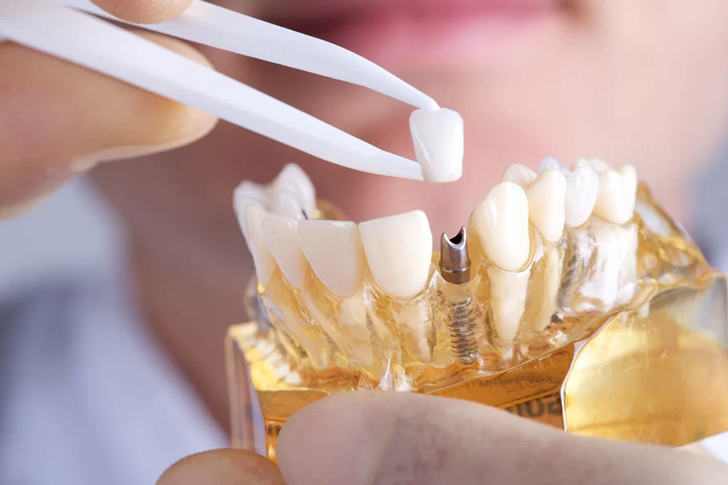Navigating the complex landscape of healthcare coverage can be daunting for those considering dental implants, especially as one approaches the age where Medicare becomes available. Traditional Medicare, known for providing health insurance to individuals over 65 and certain younger people with disabilities, unfortunately, does not cover most dental care, including dental implants. However, understanding the nuances of Medicare on dental implants is crucial for anyone looking to explore their options for this life-changing dental procedure.

Traditional Medicare and Dental Coverage
Original Medicare, which includes Part A (hospital insurance) and Part B (medical insurance), does not cover routine dental care or procedures such as cleanings, fillings, tooth extractions, or dentures. This lack of coverage extends to dental implants, which are typically classified as cosmetic procedures, despite their functional benefits and potential to significantly improve quality of life.
Why Dental Implants?
Dental implants are widely recognized as the gold standard for tooth replacement. They offer a permanent solution to tooth loss and are advantageous over other options like dentures or bridges, as they do not require alteration to neighboring teeth and prevent jawbone deterioration. For seniors and others on Medicare, dental implants could significantly improve oral health, nutritional intake, and overall well-being.
Alternative Options for Dental Implant Coverage
Given the limitations of traditional Medicare, those seeking dental implants must look to alternative forms of coverage or financing. Here are some options:
- Medicare Advantage Plans (Part C): Some Medicare Advantage plans offer extended dental benefits that may cover implants. These plans are offered by private companies approved by Medicare and may have specific networks and criteria for coverage.
- Dental Insurance: Private dental insurance plans sometimes offer partial coverage for dental implants. It’s essential to compare plans and understand the annual maximums, waiting periods, and the percentage of the implant cost covered.
- Discount Dental Plans: These plans are not insurance but can offer discounts on dental services at participating providers, including a percentage off the cost of implants.
- Health Savings Accounts (HSAs) and Flexible Spending Accounts (FSAs): If you have an HSA or FSA, you may be able to use these funds to pay for dental implants, as they qualify as a medical expense.
- Charitable Organizations: Some non-profit organizations offer assistance with dental work for those who meet specific criteria, such as low-income seniors.
- Payment Plans and Financing: Many dental offices provide financing plans, allowing patients to pay for implants over time.
Tips for Navigating Dental Implant Coverage
- Research: Thoroughly research Medicare Advantage plans during the annual enrollment periods to find one that offers the most comprehensive dental coverage.
- Consult with a Specialist: Dental surgeons often know the ins and outs of various insurance plans and can offer guidance.
- Pre-Planning: For those nearing Medicare age, consider getting dental implants before leaving an employer’s insurance plan if it offers better dental coverage.
- Consider Medical Necessity: In rare cases, if you can prove that dental implants are medically necessary, Medicare might cover some associated costs. This is usually in the case of reconstructive surgery following an injury.
Conclusion
While the current Medicare structure provides limited help for those seeking dental implants, alternatives exist that can make this essential procedure more accessible. It’s crucial to understand all the options available to navigate the financial aspects of receiving dental implants. With proper research and planning, it’s possible to find a way to afford this life-enhancing treatment, even if you’re reliant on Medicare for your health care needs. By exploring Medicare Advantage Plans, supplemental dental insurance, or other financing options, you can take actionable steps toward achieving a healthier smile without bearing the full burden of the cost.






